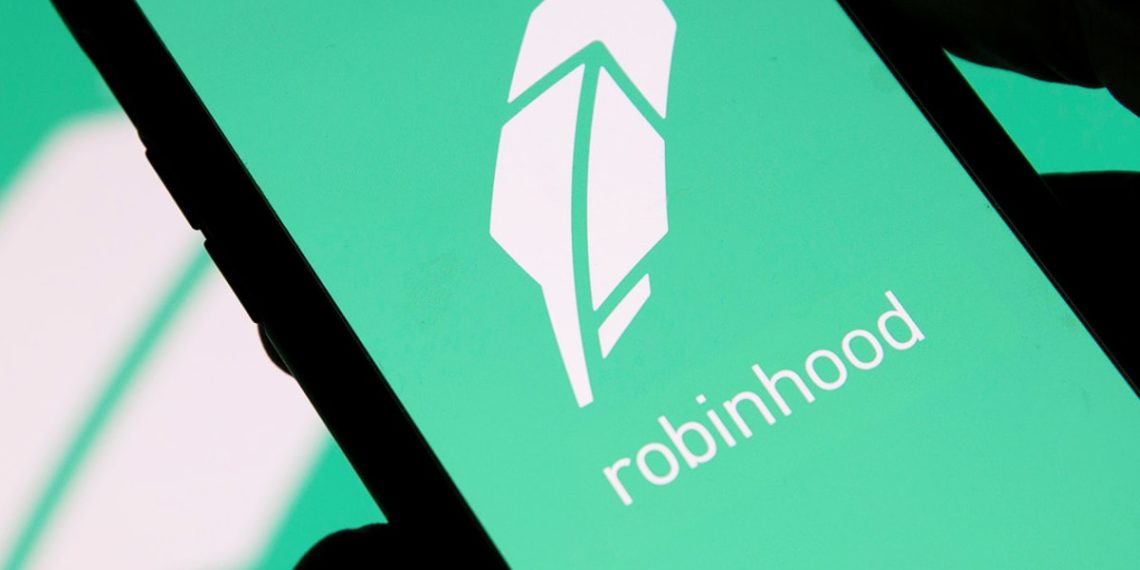On Thursday, Robinhood Markets (HOOD) said that it had activated its crypto wallet for 2 million “qualified” users, allowing for the widely accessible digital assets transfers in the formerly long-firewalled investment app.
Aparna Chennapragada, Chief Product Officer of Robinhood, made the news live on stage at the world’s largest bitcoin conference on April 6-9 in Miami, Florida.
Previously, only a limited number of wallet beta-testers were able to transfer bitcoin (BTC), ether (ETH), dogecoin (DOGE), and a few other traded cryptocurrencies in and out of Robinhood’s app. It is possible for waitlisted consumers living outside of no-go zones such as New York, Nevada, and Hawaii.
She also revealed that Robinhood would introduce support for bitcoin transactions via the Lightning Network, which is a lightning-fast, low-cost settlement layer for the world’s largest cryptocurrency.
She added that “for the larger community, this is a fantastic way” to get bitcoin inexpensively and greenly, noting that BTC is the app’s most often purchased asset.
HOOD’s Cryptocurrency Push
Robinhood’s crypto wallet, first introduced in September, lacks advanced features such as self-custody. According to a FAQ page, “corporate wallets” hold clients’ private keys; those who choose to act as their own bank may shift their digital assets elsewhere.
Robinhood crypto wallet. Source: Robinhood
That is unlikely to matter to the swaths of day traders who had their first exposure to the crypto markets by betting on Robinhood-held DOGE. For example, they now spend and send meme coins — on Dallas Mavericks basketball tickets or a Tesla-branded belt buckle.
About ten million Robinhood users traded currencies early last year, demonstrating the app’s appeal. Robinhood’s almost-three-year-old crypto trading platform has generated a whopping revenue, with $48 million in the latest quarter.
CEO Vlad Tenev emphasised in a news release that wallets are just the beginning of their efforts to link consumers to the larger crypto ecosystem.
Robinhood’s Wallet’s Drawbacks
Robinhood’s multi-asset wallet is lacking in functionality. It fails to connect to Ethereum-based services in the same way that MetaMask does. It cannot accept ERC-20 tokens, non-fungible tokens (NFT), or any other asset listed outside Robinhood’s trading platform. Tokens created via airdrops and forks will also be invalid.
“Any NFTs sent to a Robinhood Ethereum address may be lost and unrecoverable,” the FAQ website said.
Staking seems to be off-limits for the time being as well. Tenev previously recognised users’ interest in the yield-earning function and said during the company’s most recent earnings conference that Robinhood was striving to upgrade its technology. A staking service, he said, would have to be “compliant.”
Users will not be charged for transferring their Robinhood-based coins to wallets that support such features. The firm said it would add anticipated gas fees to requested outbound transfers but not impose withdrawal fees.
Outbound transfers are limited to $5,000 per day, and freshly acquired crypto remains in the wallet until the transaction settles, the web page said. Also, users must pass an identity verification process and activate two-factor authentication to use the wallet.












